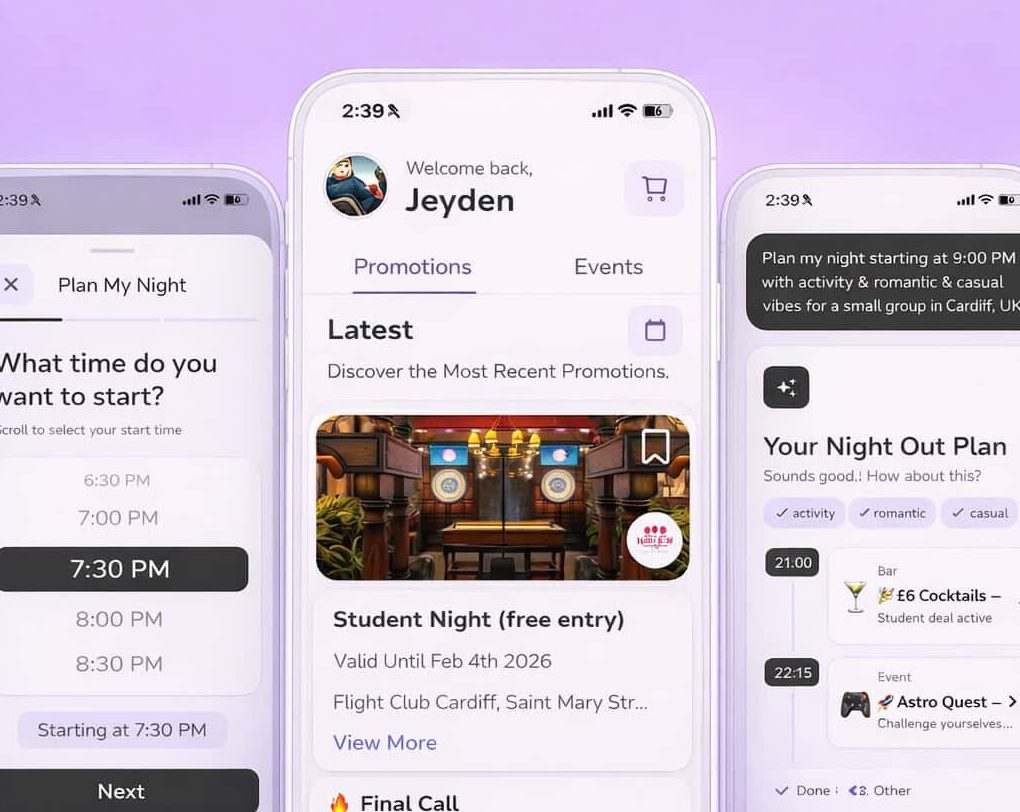By Gintare Sa
Are mainstream shows like RuPaul’s Drag Race and bestselling novels like Call Me By Your Name encouraging acceptance or rather promoting the idea that being part of the LGBTQ+ community is just a ‘lifestyle’ and a ‘choice’?
The LGBT+ community’s fight for equality has always been an extremely sensitive and much-debated topic. On the one hand, more conservative people tend to question the LGBT+ community’s ways of presenting themselves in the world of mainstream and popular culture. On the other hand, a more liberal portion of our society supports and accepts a new world where everyone has their own, rightful place under the same sky. Although there is still a long way to go, more and more people are learning to understand that it is a fundamental human right to allow people to live their life as their desire without fear to be silenced or suppressed by those who disagree with it and that this is not debatable.
The term “LGBT+ rights” refers to a whole range of rights ÔÇô from the “right” not to be killed or abused due to the personal choice to have same-sex relationships and/or to change one’s own gender identity, to the right to marry and the same partnership rights and family rights as heterosexual couples. It is therefore clear how this is not simply a matter of human rights, but also, and primarily, a political matter that requires radical changes in society to be dealt with.
The inclusion of the LGBT+ community in popular culture gives hope for a future where LGBT+ people are treated as equals, “normal” people who are just like everyone else. This should be understood to be completely sensible, desirable, and difficult to disagree on ÔÇô at least if one is pro-LGBT rights. But is it realistic to fight hate and discrimination with popular culture?
Are mainstream shows like RuPaul’s Drag Race and bestselling novels like Call Me By Your Name encouraging acceptance or rather promoting the idea that being part of the LGBTQ+ community is just a ‘lifestyle’ and a ‘choice’?
The idea of LGBT rights, or, more precisely, the recognition of LGBT people’s human rights, is still most definitely revolutionary in many parts of the world. Homosexuality is still criminalised in 77 countries and political homophobia is evident in many countries. This shows that a lot of educating still needs to be done. Protests have long been an effective strategy to achieve goals of any social-political movement, but in today’s commercialised world, mainstream media is the one that holds the most power. It only makes sense to claim that LGBTQ mainstream shows are the way to assist in explaining that their lives are not a choice but rather a representation of their true identity.
For example, it could be said that the mainstream reality show ÔÇÿRuPaul’s Drag Race’ is teaching straight people about Queer culture. Thus, mainstream pop culture isn’t the only thing to potentially benefit from the show’s continued prominence. In its tenth season, the reality TV show in which drag queens compete to win a price went mainstream. After moving from the Logo network to VH1 last year, when it broke viewership records and quickly became the highest-rated original program in its time slot, the show has grown from having a cult-like following into a pop culture phenomenon in its own right, with viewers from all walks of life becoming invested in the queens and their journeys.
It only takes watching a few minutes of some of the most famous drag queens’ or trans people’s talk shows to understand that ÔÇÿ’Drag Race” and other similar shows like ÔÇÿ’Transparent’ are leading the way in breaking ground and opening doors for queer people by representing their community in the right way. However, many trans people, for example, feel pressured to represent their community appropriately, because of previous episodes in cinema representations. While Jared Leto has arguably done an amazing job playing a transgender character, when he was later asked what it’s like to represent the trans community on the big screen, he answers ÔÇô ÔÇÿ’ the pantyhose suck” which is not the best presentment of transgender people struggle. Incorrect representation makes transgender people feel like their way of living is just a ÔÇÿchoice’, a phase, something they could easily do without. This is why it is so important to have more of LGBT+ people in mainstream culture, to set an example of good and realistic representation. We need to understand that media representation and media products are key in LGBT+ people’s process of self-discovery.
In today’s mainstream media and culture, transgender people and drag queens can show that being in drag is a medium between art and gender, and it breaks all social conventions. For some drag queen’s performances are not just a way to play a character, but an expression of their true self. Shows like ÔÇÿRuPaul’s Drag Race’ have the potential to change the way society thinks about not only representation but also, and most importantly, the traditional concepts of masculinity, femininity and gender identity in the spirit of love and acceptance. At the same time, however, it can sometimes feel as if mainstream shows promote queer culture as something ÔÇÿtrendy’ for all the wrong reasons, such as strong sexual references and over-the-top performances that categorise drag as a mere form of entertainment. Additionally, in doing so, some of these shows arguably do not provide an appropriate platform for the LGBT+ equality movement. We need appropriate screenwriting and representation that celebrates freedom, gender non-conformity, and love. Nevertheless, I believe that LGBT+ culture going mainstream is not only a fantastic form of entertainment but it also carries a difficult but positive purpose to educate and help our society to become more tolerant.


